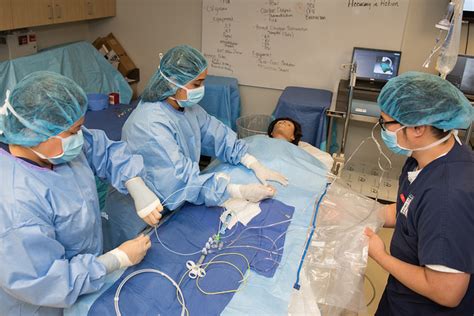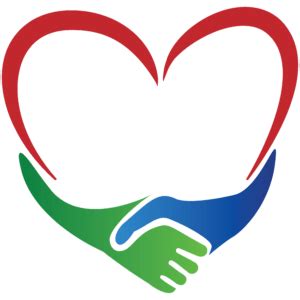The role of a cardiac technician, also known as a cardiovascular technologist or cardiac technologist, is a vital one in the healthcare industry. These professionals are responsible for assisting doctors and other medical professionals in the diagnosis and treatment of heart and blood vessel disorders. Cardiac technicians work with specialized equipment, such as electrocardiogram (ECG) machines, echocardiography machines, and other diagnostic tools, to help diagnose and monitor cardiac conditions.
To become a cardiac technician, one typically needs to complete a post-secondary education program in cardiovascular technology or a related field. These programs, which can be found at community colleges, vocational schools, and universities, usually take two years to complete and include both classroom instruction and clinical training. Coursework covers topics such as anatomy, physiology, and pharmacology, as well as the principles of cardiovascular technology and patient assessment. Many employers also require cardiac technicians to be certified, which can be obtained through professional organizations such as the American Registry of Diagnostic Medical Sonography (ARDMS) or the Cardiovascular Credentialing International (CCI).
Key Points
- Cardiac technicians assist in the diagnosis and treatment of heart and blood vessel disorders.
- They work with specialized equipment like ECG and echocardiography machines.
- Post-secondary education in cardiovascular technology or a related field is typically required.
- Certification through professional organizations like ARDMS or CCI is often necessary.
- Cardiac technicians play a crucial role in patient care and work closely with other healthcare professionals.
Role and Responsibilities
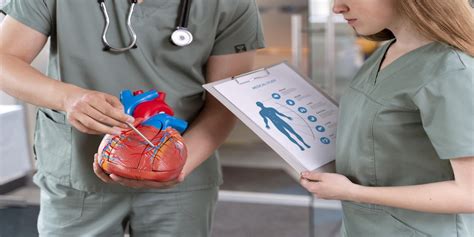
Cardiac technicians perform a variety of tasks, including preparing patients for tests, operating and maintaining equipment, and recording and analyzing data. They must also be able to explain test procedures to patients and answer any questions they may have. In some cases, cardiac technicians may also assist with more invasive procedures, such as cardiac catheterizations. The ability to work well under pressure and to communicate effectively with patients and other healthcare professionals is essential for success in this role.
Specializations
Within the field of cardiac technology, there are several specializations that technicians can pursue. These include invasive cardiology, which involves assisting with procedures like cardiac catheterizations and angioplasties; non-invasive cardiology, which involves using equipment like ECG and echocardiography machines to diagnose and monitor cardiac conditions; and electrophysiology, which involves studying the electrical activity of the heart. Each of these specializations requires specialized training and may have its own certification requirements.
| Specialization | Description |
|---|---|
| Invasive Cardiology | Assisting with procedures like cardiac catheterizations and angioplasties. |
| Non-Invasive Cardiology | Using equipment like ECG and echocardiography machines for diagnosis and monitoring. |
| Electrophysiology | Studying the electrical activity of the heart. |
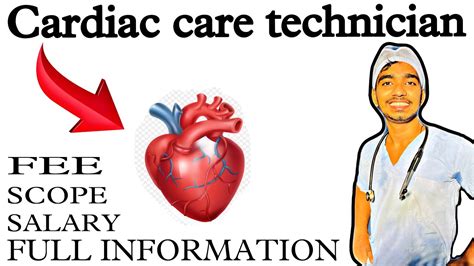
Work Environment and Salary
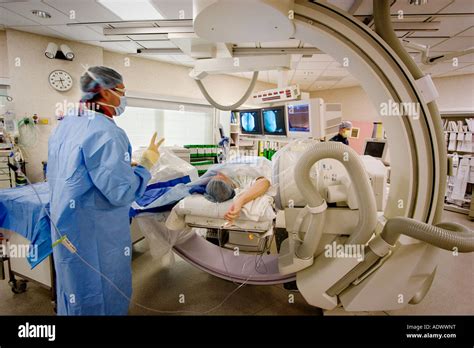
Cardiac technicians can work in a variety of settings, including hospitals, clinics, and private practices. They may work in cardiac catheterization labs, electrophysiology labs, or non-invasive cardiology departments. The work environment can be fast-paced and may require technicians to be on their feet for long periods or to lift heavy equipment. According to the Bureau of Labor Statistics, the median annual salary for cardiovascular technologists and technicians was $59,100 in May 2020. However, salaries can vary depending on factors such as location, employer, level of experience, and certification.
Professional Development
Cardiac technicians must stay up-to-date with the latest technologies and techniques in their field. This can involve attending conferences, workshops, and seminars, as well as participating in online courses and training programs. Many professional organizations, such as the American Society of Echocardiography (ASE) and the Society of Invasive Cardiovascular Professionals (SICP), offer educational resources and certification programs for cardiac technicians. By committing to ongoing professional development, cardiac technicians can enhance their skills, advance their careers, and provide the best possible care for their patients.
What is the typical work schedule for a cardiac technician?
+Cardiac technicians typically work a standard 40-hour week, although some may work longer hours or be on call. Shifts can vary depending on the employer and the specific job requirements.
Do cardiac technicians need to be certified?
+While certification is not always required, many employers prefer to hire cardiac technicians who are certified. Certification can be obtained through professional organizations such as ARDMS or CCI.
What are the most important skills for a cardiac technician to have?
+Cardiac technicians need to have strong technical skills, as well as good communication and interpersonal skills. They must also be able to work well under pressure and to maintain patient confidentiality.
